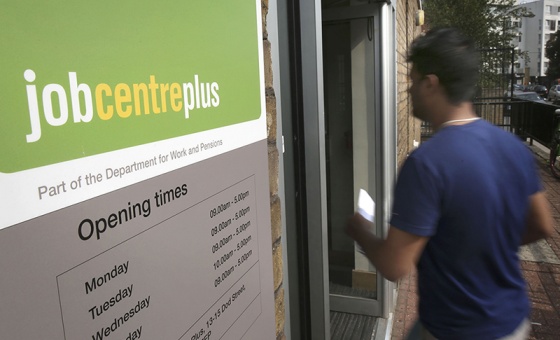This is the last article you can read this month
You can read more article this month
You can read more articles this month
Sorry your limit is up for this month
Reset on:
Please help support the Morning Star by subscribing here
THERE are stark disparities in private tuition, with more affluent children benefiting from it than their poorer peers, according to research published today.
Children in the best-off homes were more likely to report having had private tutoring than their peers in the worst-off homes — 35 per cent compared with 21 per cent.
The Sutton Trust charity, which produced the study, also warned of “stark regional disparities” in the use of private tuition.
Nearly half (46 per cent) of pupils in London have had a private tutor, compared with 16 per cent in the north-east of England, the research found.
However, the report suggests that the National Tutoring Programme (NTP), which aims to help pupils catch up on learning missed during the Covid-19 pandemic, has given a more diverse group of students access to tutoring.
Under the scheme, funding is provided directly to schools so that they can source their own tutors, either externally or by making use of staff already working at the school as part of the school-led tutoring route.
Sutton Trust founder and chairman Sir Peter Lampl said: “Private tutoring reinforces the advantages of young people from well-off families.
“In an increasingly competitive environment for school and university places, the use of private tutoring has risen from 18 per cent in 2005 to 30 per cent now.
“Although there have been issues with delivery, the National Tutoring Programme has been an exciting new development.
“It has changed the landscape of tutoring, giving young people the opportunity to receive tuition who would never have been able to afford it.
“Rather than treating it as a short-term catch-up programme, it should be part of an ongoing national effort to tackle the attainment gap.”
Paul Whiteman, general secretary of school leaders’ union NAHT, warned that the government is set to slash the subsidy for tutoring to just 25 per cent next year, leaving schools to cover the rest of the cost.
National Education Union joint general secretary Kevin Courtney said the findings show that providing schools with direct funding is a more effective way to support disadvantaged students.
“The imbalance between additional tutoring received by the most affluent students and the least affluent requires urgent attention and is likely to exacerbate existing educational inequalities,” he said.
“It’s clear that the government must continue to fund an education recovery package, rather than requiring schools to contribute an ever greater share.”
The Department for Education has been contacted for comment.










